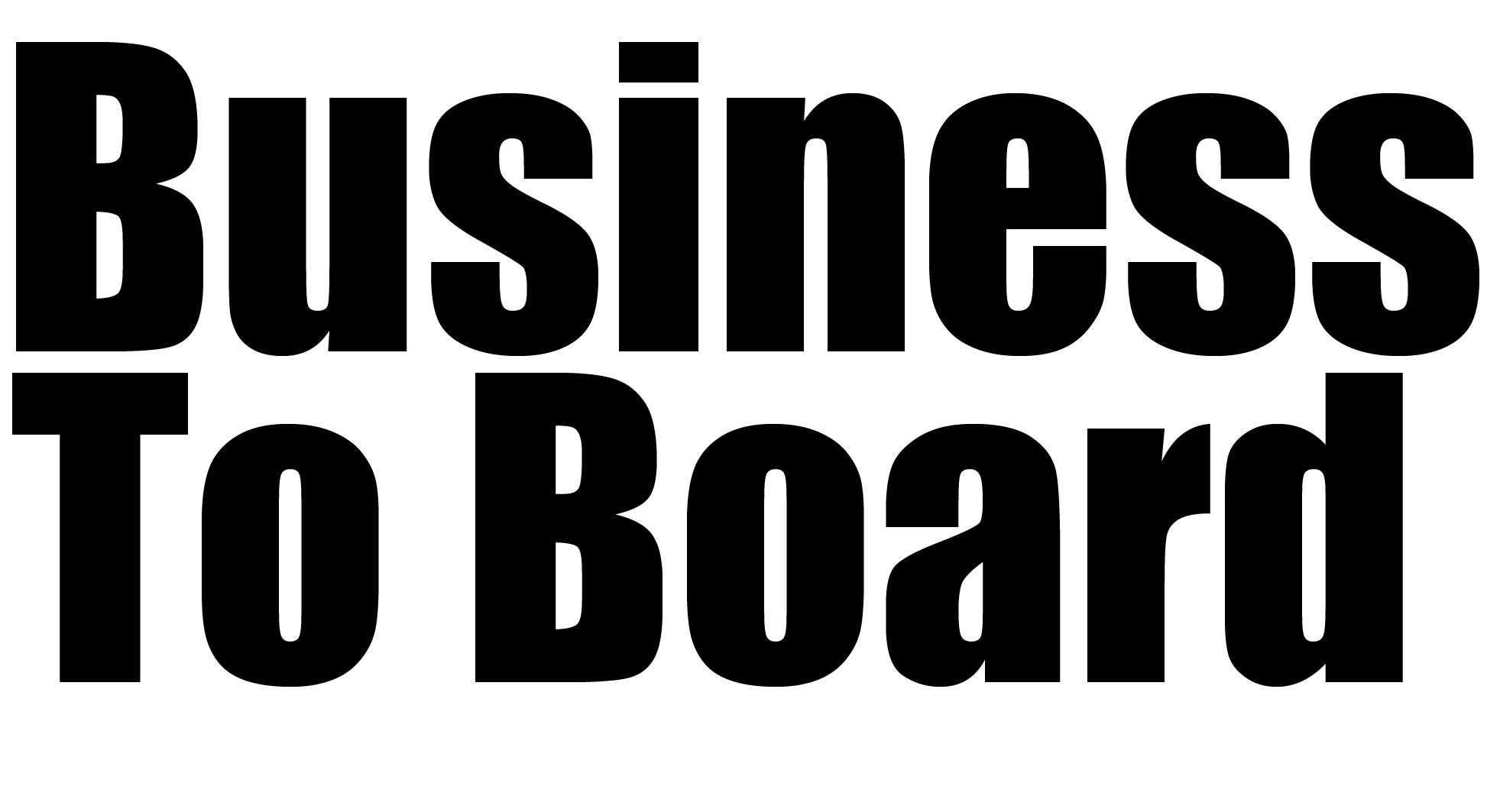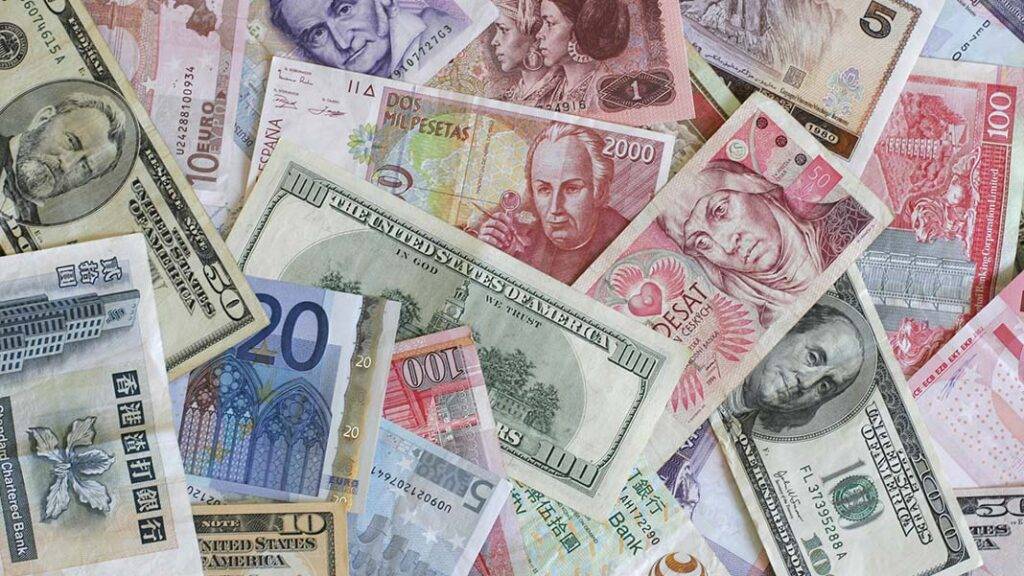Globalization has had an enormous impact on the way many companies, large and small, do business. As companies expand, they are looking more and more to the global arena for opportunities to acquire goods and sell their products and services outside their country. Just as you and I might look in several stores before we make a large purchase, companies are always looking for the best options and prices even if that means going outside their country of origin.
But this might not be as easy as you and I choosing between Walmart and Target. We will use the dollars in our pocket at either place. However, it is not that simple when it comes to companies having dealings outside of their own country. It is essential that when a company is deciding whether to take advantage of international opportunities that they have a strong understanding of the foreign currency market and that they have the knowledge to manage the associated currency risks. Just as the benefits of dealing with foreign countries can be extremely high, the risks can be extremely high as well.
When you decide to buy a lawn mower it is simple. You pay with U.S. dollars. So can a US company who wants to purchase a $500,000 piece of equipment in another country pay with US dollars? No. It is not that simple. The U.S. company must employ a bank or foreign currency broker to exchange dollars for the currency of that country. Beyond that, the company will possibly have either a foreign currency gain or loss. These can have a substantial impact on not only cost, but also profit margins.
What causes these gains and losses? At the most basic level, they are due to the changes in foreign currency exchange rates. Many factors influence the fluctuation of a nation’s exchange rate such as inflation and interest rates. How politically stable a country is has the largest impact. Relying on ranges or recent trends is a pitfall that many companies get trapped in. It is extremely important that as much information that can be gathered regarding the current exchange rate and that potential changes are analyzed in detail. The global market runs Monday through Friday twenty four hours a day. Exchange rates are fluctuating at every minute of each of those days.
Historical data can be helpful, but keeping up to date with as many factors as possible that effect the fluctuation of a country’s currency exchange rate is critical. To illustrate how relying on historical data could be devastating to a company imagine you are a United States company and did business with an Indian company in 2013. For the first five and half months of 2013 the rupee (India’s currency) was trading in a tight range of less than four percent. Over the next three months, the rupee depreciated almost 28%. This could have been catastrophic to your company had proper planning and constant monitoring and analysis of the foreign currency exchange rate not been performed.
So can companies survive in a complex global economy that is unpredictable and has ongoing constant fluctuations? Yes. Luckily, there are a number of hedging tools that can be used to mitigate risks. Examples include foreign currency forwards and options. Both can provide better predictability of not only cash flows, but also profitability projections.
Foreign currency-denominated forward exchange contracts are perfect for hedging firm commitments. Investopedia defines a forward exchange contract as follows: “Forward contracts are agreements between two parties to exchange two designated currencies at a specific time in the future.” The contracts cannot be canceled unless both parties mutually agree to the termination of the contract. So they are a great way to defend against fluctuations in currency prices.
Foreign currency options are very similar as the buyer is still granted the right to exchange currency at a specific time in the future. The exchange rate is still specified as well; however the buyer is not obligated to go through with the contract. Because of the extra flexibility of the contract, the buyer pays a premium to a broker. Even with the payment of a premium, currency options are still one of the top ways for companies to hedge against possible negative fluctuations in currency exchange rates.
Of course these are not the only ways a company can mitigate the risk involved when dealing with the impacts of fluctuations in currency exchange rates. What is most important to any company engaging in activities involving foreign currency exchanges is knowledge. Many times this knowledge will not come from within the company itself and experts will need to be consulted.
Economies and currencies are in a constant state of flux and frequently volatility throughout the world. CPAs can be a great resource to help guide companies with their knowledge of risk and hedging strategies. Clients with an international presence can greatly benefit from a strategic partnership with a CPA who will work side by side with them regularly measuring the success of their hedging instruments so they can accurately forecast suitability of the risk instruments being utilized. With the right guidance, companies can expand both in size and profit in the global arena.

